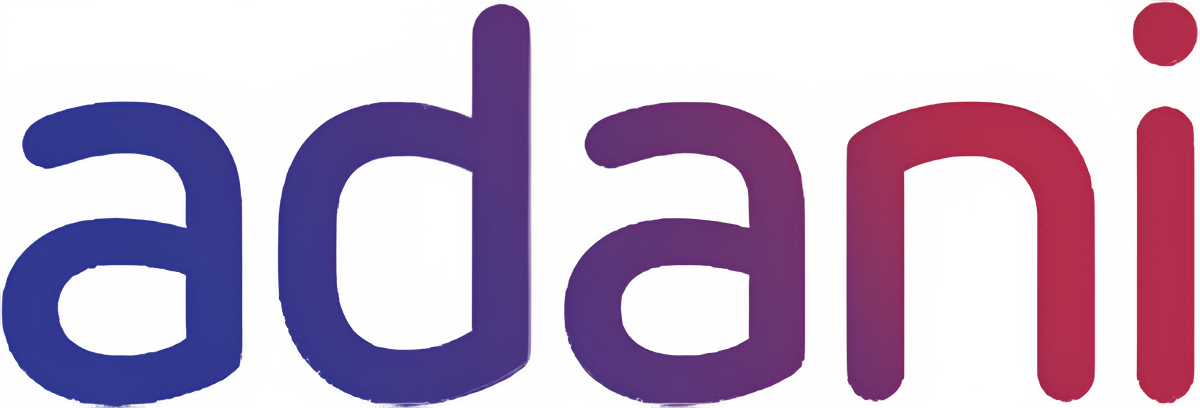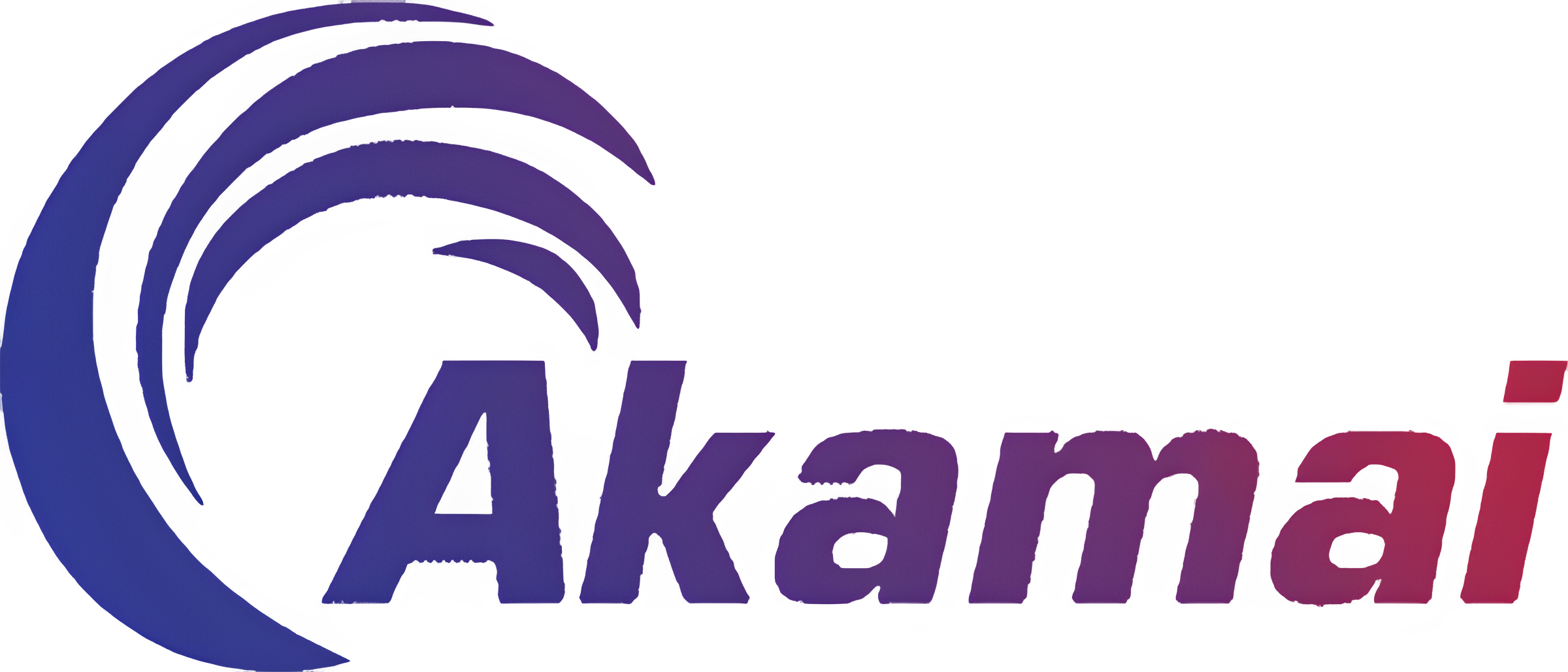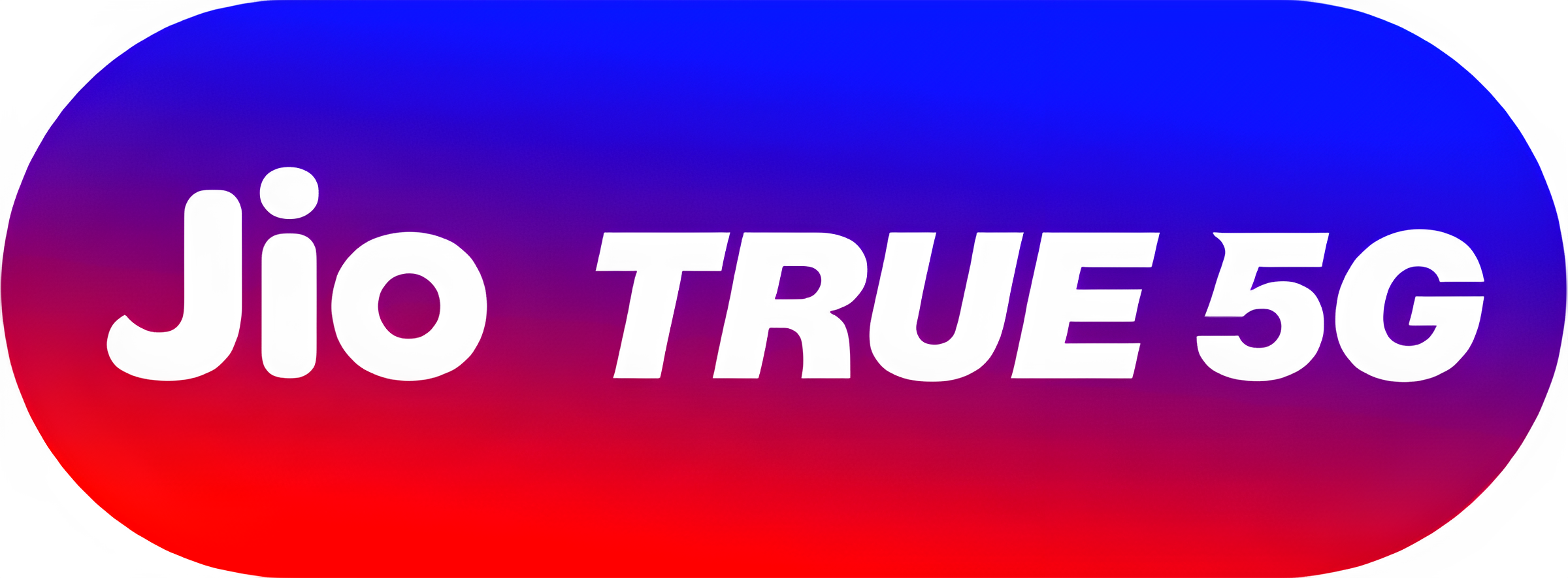Transforming Patient Care Through Healthcare App Innovation
Over the past ten years, there has been a significant transformation in the healthcare industry, with mobile technology leading the way. Patients now expect quick, individualized, and easily accessible healthcare solutions rather than merely relying on in-person appointments or phone consultations. The creation of healthcare apps has become a major force behind this development, facilitating appointment scheduling, remote monitoring, real-time communication, and access to medical records.
Working with a reputable healthcare app development company is essential in this situation. Dinoustech is the top developer of healthcare apps, providing comprehensive solutions that improve patient care and cut down on provider operational inefficiencies. Mobile apps are now essential components of patient engagement strategies, allowing healthcare providers to provide services outside of regular business hours and physical locations. They are no longer merely supplemental tools. Additionally, the evolution promotes more proactive healthcare management, giving patients the convenience and dependability to take charge of their own health.
Furthermore, rising smartphone usage, rising patient expectations, and developments in cloud computing, artificial intelligence, and Internet of Things technologies are all contributing factors to the move toward digital healthcare. Ten years ago, it would have been impossible for healthcare apps to provide real-time insights, predictive analytics, and personalized care plans without these tools. Adopting app-based solutions is a strategic move for healthcare providers to stay competitive in a rapidly digitizing industry, as well as an operational improvement.
The Need for Mobile Healthcare Solutions
Long wait times, disjointed patient records, and inefficiencies are common problems in traditional healthcare systems. These gaps are filled by mobile solutions, which give patients and healthcare professionals easy access to communication tools, health data, and remote diagnostic capabilities. Hospitals, clinics, and healthcare startups can provide individualized care while increasing operational efficiency by developing patient care apps.
Medical personnel are also less burdened by mobile healthcare solutions. Healthcare workers can now focus on more important duties by automating routine tasks like appointment scheduling, reminders, and follow-ups. These applications offer patients comfort and comfort, particularly when it comes to managing chronic conditions where ongoing observation is essential.
Furthermore, unified patient data is ensured by integrating mobile healthcare solutions with current hospital management systems, which lowers errors, duplication, and administrative delays. For example, real-time access and updating of lab results, prescriptions, and medical histories enhances clinical decision-making. Healthcare providers can lower expenses, increase accessibility, and improve patient satisfaction by implementing mobile solutions, all of which will eventually improve patient outcomes.
Also Read: - Top 10 Healthcare App Development Companies in India
Key Features in Modern Healthcare Apps
Usability, security, and functional depth must all be present in a successful healthcare app. Appointment scheduling, video consultations for telemedicine, integration with electronic health records (EHR), prescription management, and real-time alerts are among the essential features. Beyond these fundamentals, patient outcomes are improved by AI-powered features like chatbots for patient inquiries, personalized health recommendations, and predictive analytics for disease management.
Features like digital health tracking for managing fitness and lifestyle, integrated payment gateways for smooth billing, and automated alerts for regular checkups are also included in contemporary healthcare apps. Each of these characteristics guarantees a more seamless healthcare experience for the patient by lowering friction. These features' design must put an emphasis on responsive layouts, simple navigation, and intuitive user interfaces.
Because healthcare apps need to adhere to HIPAA, GDPR, and other legal requirements, security is crucial. Sensitive patient data is protected by encryption, secure authentication, and data privacy policies. These features can be implemented with ease by a skilled healthcare software development team like Dinoustech, ensuring compliance without sacrificing usability. Furthermore, using cloud-based solutions enables scalable data management and storage, meeting the increasing volume of patient data while preserving high performance and dependability.
Telemedicine: Extending Care Beyond Clinics
Telemedicine is among the most significant uses of healthcare apps. Patients can consult with medical professionals from the convenience of their homes through video consultations and remote monitoring. Telemedicine lessens hospital overcrowding, enables prompt medical intervention, and increases accessibility for patients in underserved or rural areas.
Features like real-time video calls, instant messaging, and file sharing for diagnostic reports are examples of telemedicine platforms that can be integrated into healthcare apps. Healthcare providers can make better diagnoses and treatment plans by having access to accurate and comprehensive patient histories thanks to integration with electronic medical records. Additionally, telemedicine lowers healthcare expenses, minimizes needless hospital stays, and effectively manages non-critical cases.
Digital prescriptions, appointment scheduling, secure messaging, and real-time video streaming are all part of integrating telemedicine into a healthcare app. Organizations can guarantee dependable integration with hospital systems, low latency, and high-quality streaming by collaborating with an experienced software development company. As a result, patient care delivery is revolutionized by a smooth virtual healthcare experience. Additionally, telemedicine analytics give providers the ability to monitor patient outcomes, satisfaction, and engagement, which can guide future enhancements to service delivery.
Must Read: - Smart Healthcare: Building Apps to Manage Hospitals & Patients
Remote Patient Monitoring and IoT Integration
Post-operative care and the management of chronic diseases are being transformed by remote patient monitoring, or RPM. Doctors can monitor health trends in real time thanks to connected devices like blood pressure cuffs, glucose meters, and wearable heart monitors that send patient data straight to healthcare apps.
Continuous data collection and analysis made possible by IoT integration aids in the early identification of issues or anomalies. For example, a wearable heart rate monitor can potentially prevent serious health events by warning the patient and doctor about abnormal readings. In addition to saving lives, this proactive strategy lowers long-term medical expenses.
A patient care app development platform that integrates IoT devices improves accuracy, lowers errors, and enables proactive intervention. AI-powered analytics can identify irregularities, forecast possible health hazards, and quickly notify patients and healthcare professionals. Dinoustech specializes in developing applications that successfully integrate IoT data, guaranteeing a responsive, safe, and scalable healthcare ecosystem. AI and IoT work together to improve patient outcomes and operational efficiency by ensuring continuous, automated, and actionable patient monitoring.
Personalization and AI in Healthcare Apps
The core of contemporary healthcare is personalized care. AI-powered healthcare applications examine patient data to provide personalized medication reminders, lifestyle guidance, and health recommendations. Algorithms that use machine learning can forecast health risks, spot trends in patient behavior, and recommend preventative actions.
By anticipating patient requirements and resource allocation, AI can also improve clinical workflows. Predictive scheduling, for instance, reduces wait times by guaranteeing that doctors are available during periods of high demand. Patients can monitor their progress and maintain motivation by viewing pertinent health insights on personalized dashboards.
Personalized features boost engagement and retention while also improving patient outcomes. Organizations can improve the overall healthcare experience by using AI-powered healthcare app development to provide users with highly relevant insights. Dinoustech uses AI and sophisticated analytics to make sure that healthcare apps are patient-centered, actionable, and intelligent. AI chatbots also offer immediate assistance for common questions, freeing up medical personnel to work on more difficult assignments.
Also Read: - Step-by-Step Guide to Developing a Healthcare App for Your Business
Data Security and Regulatory Compliance
When developing healthcare apps, security and compliance are non-negotiable. Encrypted communication channels, secure data storage, and HIPAA compliance are essential for safeguarding patient information. Role-based access, audit trails, and consent management for sensitive data must also be supported by apps.
Regulatory standards for healthcare apps are also constantly changing, so ongoing compliance monitoring is crucial. To safeguard data across numerous touchpoints, multi-factor authentication and secure API integrations are essential in addition to encryption. To maintain compliance, a software maintenance company makes sure that audits, patches, and updates are carried out on a regular basis.
In addition to safeguarding patient data, a strong security framework fosters trust, which is essential for adoption and long-term success. Healthcare providers can concentrate on patient care while adhering to regulations thanks to Dinoustech's extensive security frameworks and ongoing monitoring. Their method proactively protects sensitive health data by combining encryption, authentication, and AI-driven threat detection.
User Experience and Accessibility
The user experience (UX) of a healthcare app is crucial to its success. Clear call-to-action buttons, simple navigation, and an accessible design for older or disabled users are all essential components of an intuitive interface. Usability is improved by interactive features, dashboard customization, and multilingual support.
Additionally, accessibility guarantees that apps are inclusive, allowing patients from all demographic groups to take advantage of digital healthcare. For visually impaired users, features like text-to-speech, voice commands, and high contrast modes enhance usability. Additionally, responsive design guarantees cross-platform compatibility, from tablets to smartphones, increasing engagement and reach.
Dinoustech's mobile app development specialists create aesthetically pleasing, user-friendly, and cross-platform interfaces. Dinoustech's emphasis on user experience (UX) makes sure that patients can use healthcare apps with ease, which improves adherence, engagement, and patient satisfaction.
Must Read: - What Makes a Healthcare App Truly Useful for Patients Today?
Cost Considerations in Healthcare App Development
Investments in design, backend infrastructure, AI capabilities, security, and upkeep are necessary when creating a comprehensive healthcare app. Platforms, features, and complexity all affect the total cost. A general cost breakdown is provided below:
|
Feature / Module
|
Estimated Cost (USD)
|
|
Basic MVP (Appointment, EHR, Chat)
|
$25,000 – $50,000
|
|
Advanced Features (Telemedicine, AI)
|
$60,000 – $120,000
|
|
Full-Scale Platform (IoT, Analytics)
|
$150,000 – $250,000+
|
Long-term ROI, appropriate resource management, and optimal cost allocation are guaranteed when working with a seasoned healthcare app development company. Putting money into high-quality development up front lowers maintenance expenses later, lowers security threats, and guarantees scalable expansion. To help customers get the most out of every dollar spent, Dinoustech also offers advice on cloud hosting, third-party integrations, and technology stacks.
Maintenance, Updates, and Continuous Improvement
After it is released, a healthcare app is never fully finished. Maintaining the app's relevance and security requires regular updates, security patches, performance enhancements, and the incorporation of new features. Over time, a software maintenance company guarantees that integration modules, AI models, and patient data analytics run without a hitch.
Iterating on the design, monitoring engagement metrics, and getting patient input are further aspects of continuous improvement. AI-powered predictive maintenance can automatically identify possible malfunctions or performance snags, reduce downtime, and raise user satisfaction. To keep healthcare apps up to date, compliant, and in line with changing patient needs, Dinoustech specializes in providing long-term maintenance solutions.
Conclusion
Apps for healthcare are now necessary for providing effective, individualized, and easily accessible patient care; they are no longer optional. The potential for digital transformation is enormous, ranging from AI-driven insights and secure patient record management to telemedicine and remote monitoring.
Selecting the appropriate partner is essential. Dinoustech combines industry knowledge, technical know-how, and a patient-centered approach to create the best healthcare apps. To revolutionize patient care, increase operational effectiveness, and produce better results in the digital age, Dinoustech combines state-of-the-art technology, user-friendly design, artificial intelligence (AI), and safe maintenance procedures.
The future of healthcare will rely increasingly on smart, connected, and patient-focused apps as AI, IoT, and mobile technologies continue to advance. Companies that make investments in cutting-edge healthcare software development now will lead the way in medical innovation in the future.

















